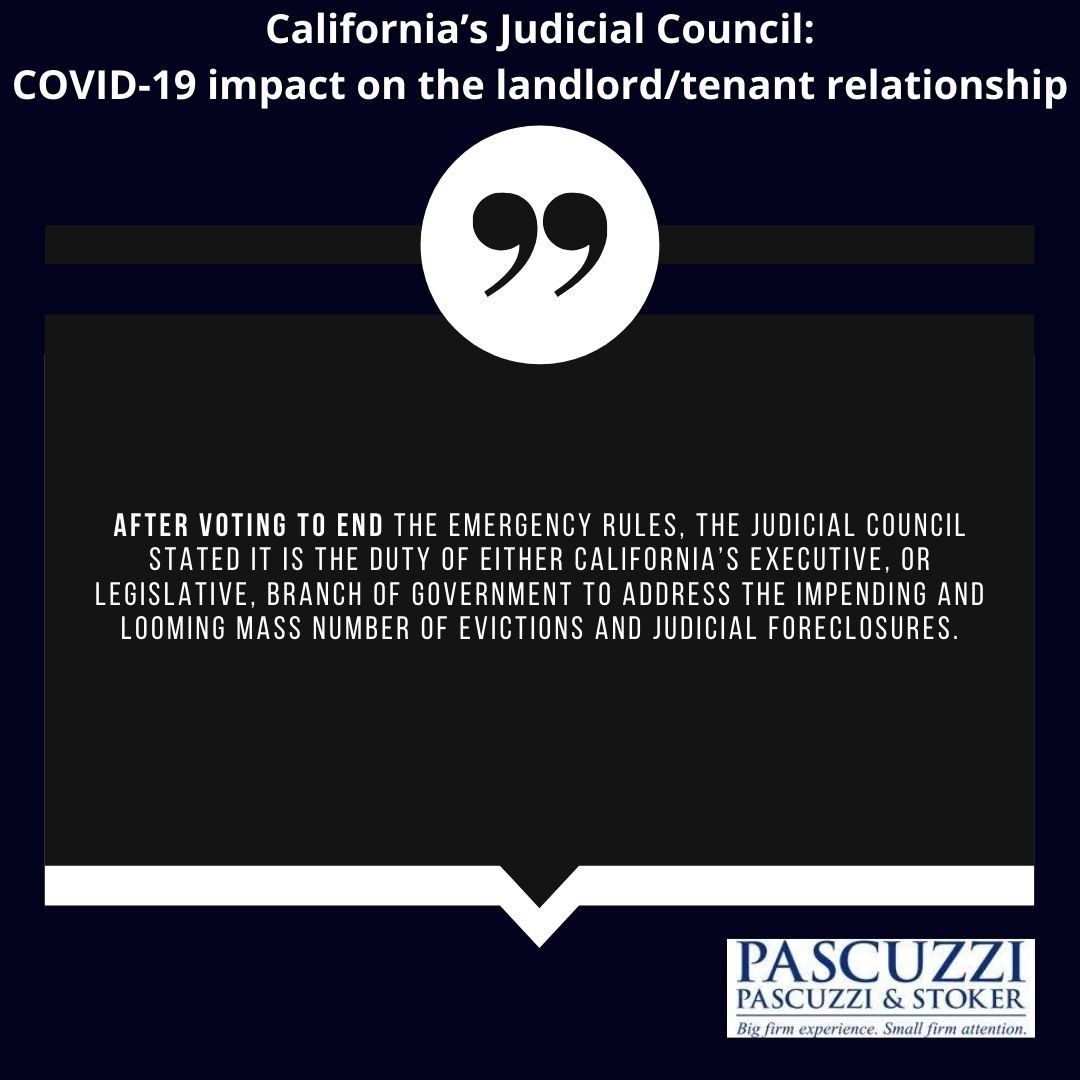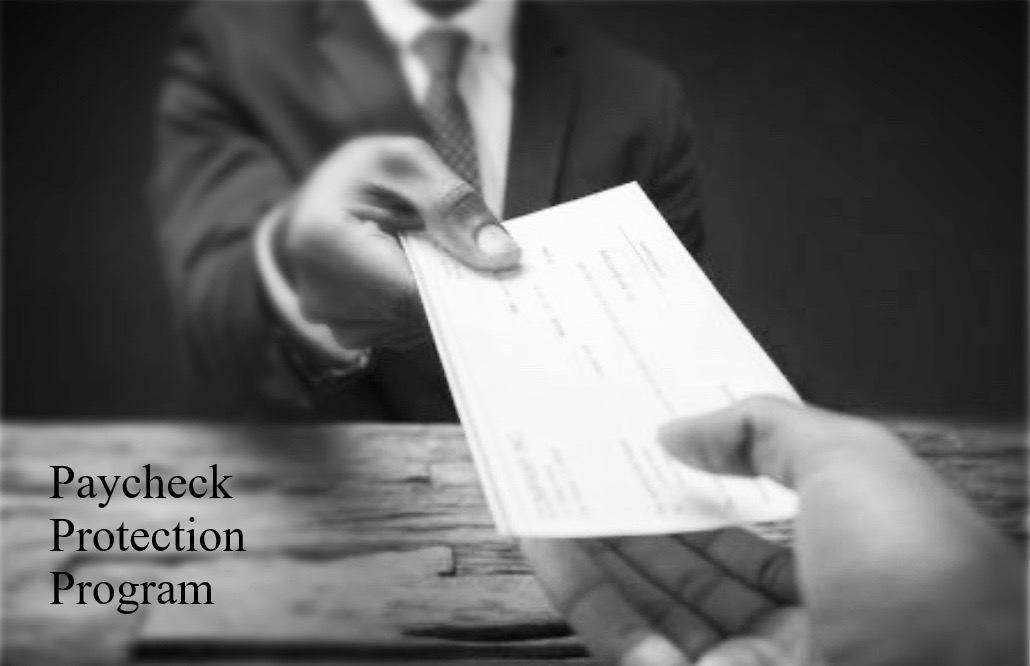Co-Ownership of Real Property
When two people are married and one of the spouses wants to end the marital relationship the process of divorce allows him/her to do so. California has a similar process that allows co-owners of real property who are not married to each other to end their co-owner relationship. This process is known as a partition action.
In the event the co-owners are unable to come to an agreement on how to sell or split up the real property a partition action may be necessary. A partition action should be seen as a last resort due to its cost and fact it must proceed in court which can be very time consuming. Here is an overview on how a partition action will play out in court.
The party who wishes to initiate the action (the “Plaintiff”) must file a verified complaint for partition. The court will first determine the ownership interests of each of the co-owners. In most cases, the ownership interests are not in dispute, but if property has been passed down through the generations or there is any uncertainty of title, this will be determined before the property can be subdivided or sold. At this point the party wishing to sell can seek an interlocutory judgment ordering the property be divided or sold.
An interlocutory judgment is essentially an interim order determining the ownership interests of the co-owners and ordering the property be sold or divided absent some defense to the action. In general, there is no defense to a partition action.
The court also determines whether the property should be sold or divided up among the co-owners. Courts prefer to divide the property if it is fair and legally possible. While this may be possible if there are multiple lots or the property is a large agricultural lot, if the co-owners own a home, condominium or an industrial building, the property cannot be divided up into multiple parts so partition by sale is the only viable solution.
At this point the interlocutory judgment will appoint a referee to oversee the sale of the property. The referee will determine the best way to sell and has the authority to hire an auction house or real estate broker to market and sell the property. The referee will also hire an accountant to review the books and determine any accounting issues. The sale must then be confirmed in a confirmation hearing, public notice of which is published to encourage anyone willing to pay more to bid on the property to ensure the highest price for the property is obtained. If there are no other bidders, the court should confirm the sale. After the sale, the referee files a report of the sale, the accounting and proposed distribution to the co-owners or anyone else with an interest in the and allocates any costs.
It is important to note that a partition action can be very costly. The referee is paid for his/her services out of the sale proceeds, the attorney for the party desiring to sell and court costs are paid out of the sale proceeds, and if the property is sold by auction it does not always generate the highest possible sales price. All of these fees reduce each party’s share of the net proceeds.
A partition action is not the best way of resolving a dispute between co-owners, all parties end up with less net sales proceeds, but it does provide a means of resolving a situation when negotiations between the co-owners have reached an impasse. If you or someone you know is involved in a dispute with a co-owner, contact Pascuzzi, Moore & Stoker to help you resolve the dispute and provide a cost-benefit analysis of settlement versus litigation.








